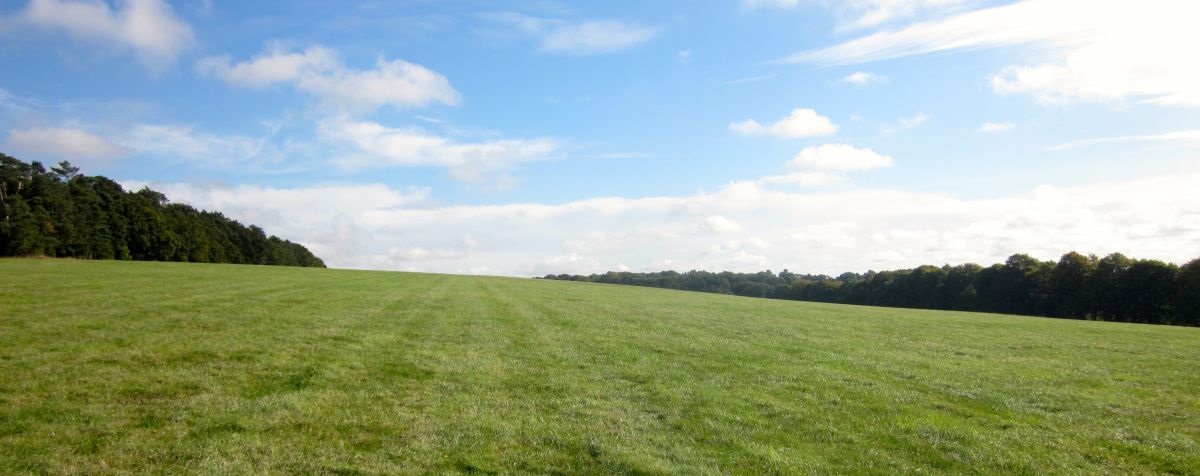
Barenbrug, one of the largest grass seed producers in the UK, today announced initial observations from a research trial assessing the suitability of different grass varieties and mixtures as feedstocks for anaerobic digestion (AD) plants.
At its 15-acre Cropvale trial site in Worcestershire, Barenbrug’s agricultural team is mid-way through a two-year programme evaluating the AD potential of a range of shorter-term grasses, hybrid mixtures and perennial species.
Barenbrug’s AD trial was established in autumn 2014 and will run for two harvest years. Plots of Italian ryegrass, hybrid ryegrass and tall fescue have been sown alongside a number of areas containing mixtures of these varieties. Two cuts have been taken so far in 2015 and initial observations suggest that the mixtures are out-yielding the straight varieties and that Italian rye-grass-based blends are performing best of all.
Achieving high yields of dry matter per hectare is the key objective for farmers entering the AD field, so Barenbrug is investigating the impact of delayed cutting on achieving extra bulk versus quality. The company is also looking at the adaptation of grass swards to multiple applications of digestate, building up a bank of knowledge to support farmers looking to branch out into this fast growing aspect of the agriculture industry.
Mhairi Dawson, Forage Research & Development Manager at Barenbrug UK, said: “By the end of 2017 it is estimated that the UK will have more than 75,000 hectares of land producing forage crops for AD plants. Currently, the majority of feedstock grown in the UK for AD is forage maize. However, with numerous new sites planned up and down the country – some in areas where maize will not be suitable – grass is set to become far more commonplace as an input stream.
“Building an AD unit makes good financial sense for many farmers. Different government subsidies are available plus a number of UK energy providers are actively seeking farm partners that are willing to either supply feedstocks or build AD plants in return for long-term rental payments. As more farmers start to consider AD as an extra revenue stream, we’re ramping up our research so we can give them solid scientific advice on the best grass varieties to grow for this purpose. We look forward to seeing if the trends that we’ve spotted so far continue or if the longer-term species will offer a higher yield overall over the term of the trial.”
The number of AD plants operational across the UK has grown significantly in recent years. A market report published by the Anaerobic Digestion & Bioresources Association (ADBA) in July 2015 revealed that there are now more than 400 AD plants up and running nationwide. Many of these are farm-fed and many more are awaiting planning permission. In 2010 there were just 200 AD plants in the UK. By the end of 2015, forecasters predict that there could be 500 units – a figure that could more than double again by 2020.
